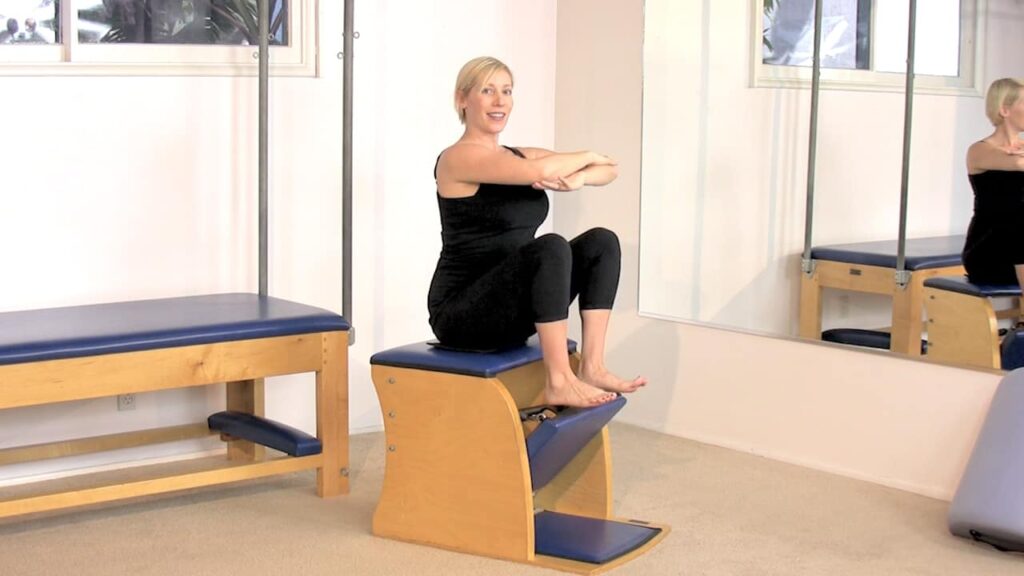About Us
Your Sanctuary of Serenity
Are you a superhero in disguise, juggling endless tasks and nurturing your loved ones with boundless love? Then you’ve landed in the right place. At A Super Tired Mom, we understand the extraordinary journey of motherhood, where every day is an adventure filled with love, laughter, and sometimes, exhaustion.

Our Services
Browse our selection of services and let us help you make every moment extraordinary.
Specialty Hampers for Moms
Show the special mom in your life how much you care with our exclusive range of specialty hampers for moms. From luxurious Mother’s Day boxes filled with pampering treats to thoughtful gift sets for new moms, our hampers are designed to make every mom feel loved and appreciated.
Personalized Gift Boxes
Make your gift truly special with our personalized gift box service. Choose from a selection of premium products and customize your box with a personal message or monogram. Whether you’re celebrating a milestone or expressing gratitude, our personalized gift boxes add a touch of elegance to any occasion.
Easter Gift Baskets
Celebrate the joy of Easter with our delightful Easter gift baskets. Filled with an assortment of chocolates, candies, and seasonal treats, our Easter baskets are the perfect way to spread holiday cheer to family and friends.
Our Blogs
The Ultimate Guide to Creating the Perfect Easter Basket
Wonder Chair vs. Wunda Chair: Understanding the Key Differences
Soft Pilates Ball Workouts for Low-Impact Strength Training
The Best Bondi Tattoo Parlours for Every Tattoo Style
Why a Visit to a Bondi Junction Tattoo Parlour Is Worth It
Creating Elegance with Large Candle Jars for Handmade Candles
C3 Soy Wax vs. 464 Wax: Which Is Best for Your Candles?
GW 464 Soy Wax: Why It’s a Top Choice for Candle Makers
Where to Find Bulk Candle Wax for Large-Scale Projects
Top Gift Hampers in Melbourne for Every Special Occasion
Gourmet Gift Hampers Sydney: Perfect for All Tastes and Budgets
Corporate Gift Hampers: Impress Your Clients and Employees
Birthday Gift Hampers Australia: Top Picks for 2024
How to Make a Candle Wick: A Step-by-Step Guide
The Benefits of Using a 3 Wick Candle in Your Home
Best Candle Making Jars for Professional Results
Exploring Candle Jars Sydney: Local Wholesale Options
Elegant Gift Baskets to Celebrate Father’s Day in Style
Gourmet Hampers That Will Delight Your Dad This Father’s Day
Flowers Central Coast: The Best Florists and Delivery Services
Central Coast Flower Delivery: Ensuring Quality and Freshness
Why Choose Us?
Choose A Super Tired Mom for a gifting experience that exceeds expectations.
Let us help you celebrate life's moments, big and small, with thoughtfully curated gifts that leave a lasting impression.
Exceptional Quality
We take pride in offering products of the highest quality, sourced from reputable suppliers and artisans. Whether it’s gourmet treats, luxury skincare, or handcrafted goods, you can trust that every item in our hampers and gift boxes is carefully selected for its excellence. Click here to get more about top quality and personalized best gift hampers.
Thoughtful Curation
Our team of experts meticulously curates each gift hamper and box to ensure a harmonious blend of products that cater to a variety of tastes and preferences. From classic favorites to unique finds, our thoughtful curation ensures that every recipient feels truly valued and appreciated.
Wide Range of Options
Whether you're looking for a gift for a special occasion, a specific recipient, or a particular theme, we offer a wide range of options to suit every need. From curated hampers for moms to custom gift creations, we have something for everyone and every occasion.
Testimonials
"I ordered a Mother's Day hamper from A Super Tired Mom for my mom, and she absolutely loved it! The selection of treats was fantastic, and the presentation was beautiful. Thank you for helping me make her day extra special!"
Sarah W.
"I received a personalized gift box from A Super Tired Mom for my birthday, and I was blown away by the attention to detail. Every item was carefully chosen, and the customization made it feel truly unique. I can't wait to order from them again!".
Michael H
"I' ordered multiple gift hampers from, A Super Tired Mom and each one has exceeded my expectations. The quality of the products, the beautiful packaging, and the personalized touches make them the perfect gift for any occasion. Highly recommend!"
Ryan G.


























